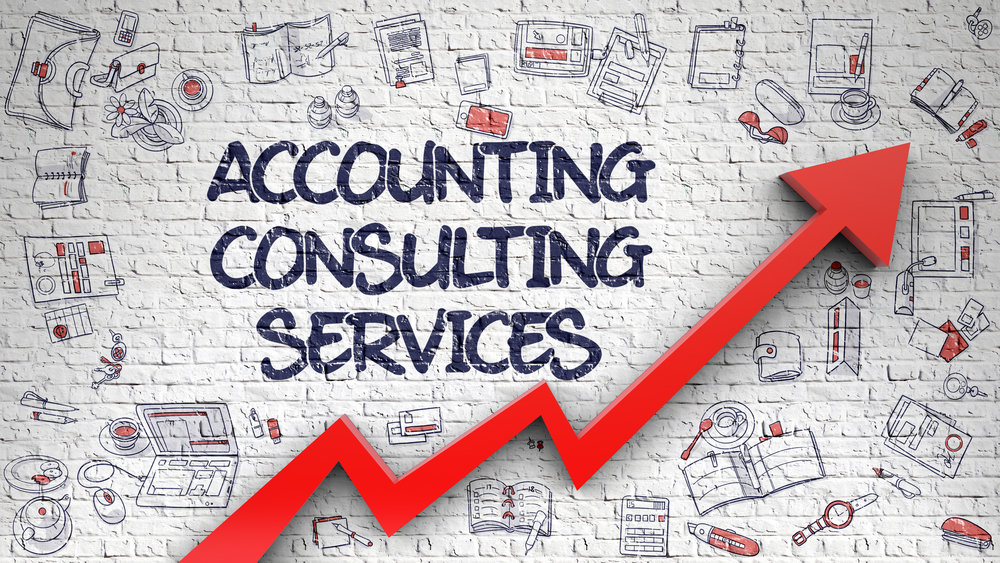What PCI Compliance Means for Your Business
The payment sector continues to experience innovation as businesses embrace more secure standards, thanks to technology. Today, many people have turned to online shopping and transactions. They don’t need to visit a physical store to swipe a card or pay cash for the goods. They can now make online payments in the comfort of their homes.
The secret behind this is PCI compliance by businesses. PCI compliance has become a significant focus point for many business setups. Although it looks challenging to embrace, it is worth every effort invested in it, especially when you acquire the right knowledge and suitable partners.
What is PCI Compliance?
PCI compliance refers to the Payment Card Industry’s best practices that businesses rely on when processing online paymenst. The PCI DSS offers several benefits to the business. It’s a vital element for e-commerce businesses that protects them from data breach and other security concerns.
Businesses do not only focus on protecting data but also guarding their reputation. The customer and public relation matters to businesses. That’s why many have embraced PCI DSS practices.
PCI DSS Compliance Requirements
Any company that accepts, stores, transmits, and processes cardholders’ data needs to be PCI compliant. Whether you operate a small or large business, you need to comply with the PCI best practices. Below are the compliance requirements.
- Use and update the anti-virus software or program regularly.
- Monitor and test networks often.
- Put in place strong access control measures.
- Build and maintain secure applications and software systems.
- Protect the data of the cardholder.
- Avoid using vendor-supplied defaults for passwords and other security components.
- Create a firewall configuration to secure cardholders’ data.
- Avoid sharing cardholder data across public or open networks.
- Keep track of network access and cardholder data.
- Let each person have a unique ID with computer access.
- Have policies on information security for all personnel.
You need to comply with the above requirements no matter your business’s size or the transaction volumes you handle. If you handle a large volume of online payments, you’ll need to undergo advanced scrutiny levels to be considered compliant.
Benefits of PCI Compliance
There are various benefits that businesses enjoy from PCI compliance. Compliance may look a daunting task, but it makes the business run better in the long run. Below are its benefits.
Cardholder Data Protection
The worst nightmare can be exposing your customers to cybercrimes. Maintaining good compliance helps you protect your cardholder’s data, and you can also withstand attempted attacks.
When your customer’s data gets protected, they build trust in you and feel free to transact using their most sensitive data. It gives you peace of mind and your customers, knowing that the transactions and data are safe. After all, you wouldn’t want to experience data breaches due to the consequences.
Business Protection
Similar to protecting your customer’s data, PCI compliance also plays a crucial role in protecting your business’s sensitive data. It means that you have secure online payments systems that your customers can rely on.
It also helps you build a good reputation with payment brands and acquirers showing that you have the customer’s best interest. Such are the right partners that your business needs.
Prevents Data Breaches
According to the Internet Crime Report filed in 2018
, most businesses lost billions of money from data breaches. This happens when hackers get access to your online platforms and inject malicious codes that capture customers’ sensitive data such as security codes and credit card details, without anyone noticing.
In this case, your business will lose a lot of money that could lead to its downfall. Maintaining PCI compliance keeps your business away from such unfavorable situations. It isn’t something to be taken lightly.
The Bottom Line
As cybercriminals become more advanced by the day, you need to stay ahead by ensuring that all the sensitive data on your online channels are protected from malicious activities. This will help you avoid the consequences that come with PCI non-compliance. However, it’s worth noting that the PCI best practices do not make your infrastructure immune to online payments threats. It means that you’ve achieved minimal compliance standards.

